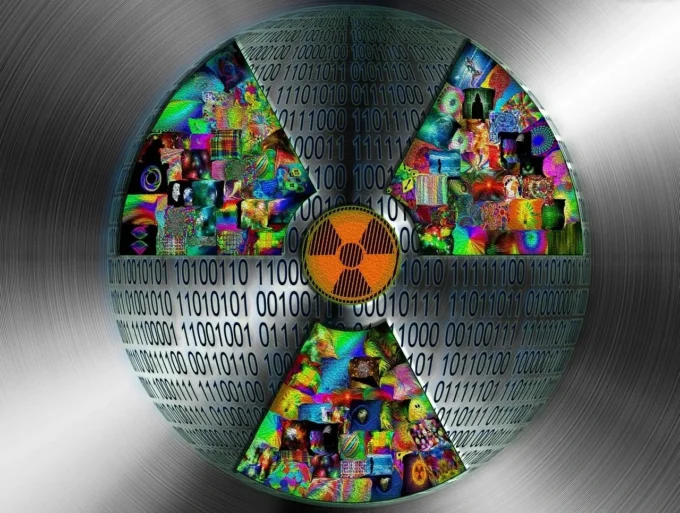
Both giant powers in Washington and Moscow, follow a strategic ambiguity approach to their nuclear doctrine.
However, the mutual question that controls the two nuclear powers remains the same with no change: What would push either or both countries to use their nuclear weapons?
In light of the excessive policy of nuclear opacity on both sides, the answer to the question is unfortunately not clear, which may lead to a real danger to the whole world, especially when the relationship between Moscow and Washington are extremely tense as they are today.
While American officials stress on every occasion the need to limit the military deployment of Russian forces that extends from Ukraine to Libya and Syria, and will never be ended in the North Pole across the northern American border, we notice extreme Russian negligence to the international agreements that put a limit the proliferation of nuclear weapons.
In 1986, American President Ronald Reagan and his Russian counterpart, Mikhail Gorbachev, adopted a doctrine that “nuclear war cannot be won and should never be fought”. However, would President Biden take the initiative to declare the purpose of the US nuclear arsenal exclusively for defense purposes?
Lately, while the American and Russian delegations were sitting around the negotiation table in Geneva, the Russian President Putin was watching the Russian Marines maneuver across the Neva river of his hometown Petersburg. Putin gave a speech during the event praising Russia’s nuclear weapons, he said: “We Russians have the capability to track any enemy, whether he is above or underwater, and our strike will never mistake its target.”
In 1968, the United States and the former Soviet Union had signed the Treaty on the Non-Proliferation of Nuclear Weapons (NNPT), but the commitment to the treaty remains doubtful since both countries own 92% of the world’s nuclear arsenal. As for the serious engagement in advanced and prospective talks still uncertain in the absence of trust between both parties.
Although there are some countries that openly declare their possession of nuclear weapons, such as India, Pakistan, North Korea, and China, and others undeclared yet, such as Israel and Iran; Russia and America’s nuclear stockpile are together the most challenging to global stability and peace.
On 4 February 2021, the United States signed an extension of the “New START” treaty, which aims to reduce nuclear weapons in the United States and Russia and put an end to the spread of strategic warheads.
The agreement will be valid until 2026, while the talks in Geneva will be focusing to enhance the trust and prepare for the necessary steps to make this extension feasible in the long run, and build a strong relationship for both countries for better implementation of the treaty.
The Russian-American talks raised optimism among most countries free of nuclear weapons, which have come together under the umbrella of the “Stockholm Initiative for Nuclear Disarmament” with the aim of disarming the most dangerous weapons of mankind.
Since founded in 2019 and during the 4th meeting, the sixteen participating countries, including Germany, Spain, Sweden, Japan, Canada, and Argentina, welcomed the Russian-American strategic talks and urged the nine nuclear-armed states to encourage disarmament by adopting strict measures to fulfill their obligations under the Treaty of Non-Proliferation of Nuclear Weapons.
As for President Putin, he has issued a presidential decree defining the foundation of Russia’s policy in the field of nuclear deterrence. The decree lists the cases in which Moscow can resort to the use of nuclear deterrence in the case of defending its allies by using nuclear weapon attack, or any type of mass destruction weapons, as well as an attack on Russia or its allies using conventional weapons that may threaten the sovereignty and security of the country.
Nevertheless, what worries Washington when dismantling the new Russian doctrine’s terms and conditions, is the absence of a bold and clear statement indicating that Moscow will never be the first-hand to push the “Nuke Button”?
